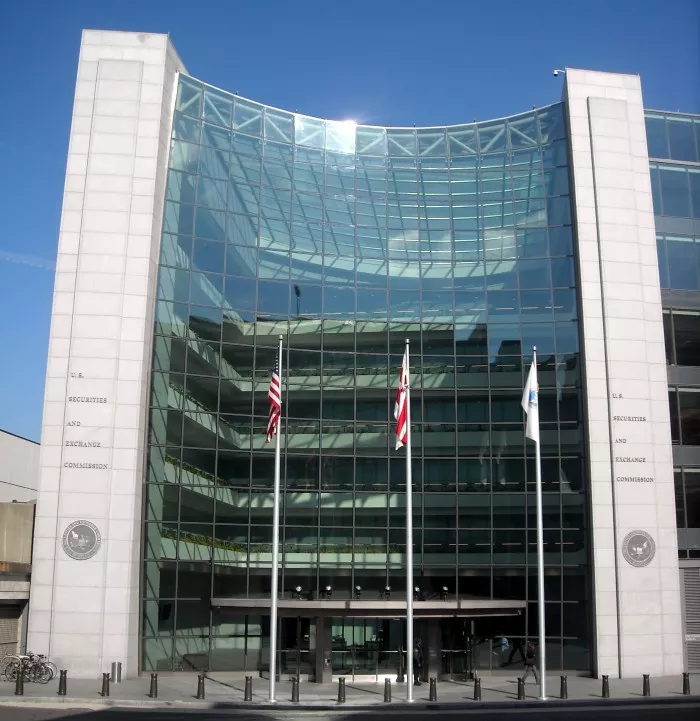On Monday, June 6 US Eastern time, according to media reports, the SEC of the US Securities and Exchange Commission is reshaping the rules for the operation of the US stock market. Gary Gensler, chairman of the SEC, may explain its specific changes on Wednesday, and is expected to put forward major reform measures for the US stock market as early as this autumn.

Last year, Gary Gensler, the new sec chairman of Goldman Sachs, was promoting a series of strict regulatory plans, including high-frequency trading companies, private equity management companies, mutual funds and online brokerage companies. In the stock market, the biggest regulatory issue is the "payment for order flow pfof", which affects the transactions of retail investors, that is, the remuneration and benefits obtained by brokerage companies from sending customer orders to different transaction executors.
According to sources familiar with the matter, the SEC staff have started to put forward relevant plans to market participants, that is to adjust the processing method of orders sent by investors through brokerage companies. Gensler is expected to introduce the potential changes in detail on Wednesday.
At the congressional hearing in August last year, Gensler said that it hoped to completely ban order flow payment transactions, which triggered a sharp drop in the shares of online brokers such as Robinhood. The order flow payment transaction accounts for a large part of retail investors, and it does not specify the minimum or maximum price that investors are willing to pay.
I want to ensure that the broker executes the order at the investor's best price - the highest price at the time of sale, or the lowest price at the time of purchase.
Although the SEC had previously allowed pfof trading, Gensler believed that the payment of order flow brought a conflict of interest to brokers, and the transparency of the market also decreased. Because under the arrangement of order flow payment, "zero Commission" brokers such as Robinhood send the order information of retail traders to high-frequency trading companies such as citadel securities, which, after paying the broker's commission at a high price, takes advantage of the difference between the purchase and sale prices of retail investors to obtain benefits.
Take the orders placed on Robinhood as an example. Instead of being directly sent to the New York Stock Exchange and Nasdaq stock exchange for execution, Robinhood packages and sends them to high-frequency market makers such as citadel securities, virtu financial and Susquehanna. As the stock market fluctuates in real time, these market makers earn a bid ask spread through algorithm and time difference, and trade in the dark pool.
Therefore, in this model, market makers do not always provide investors with the best price of stocks. For example, if you want to buy 100 shares of Nokia stock at the price of 4 yuan per share, the order was received by Robinhood and sent to the market maker. The market maker bought it at the price of 3.98 yuan, and earned a price difference of 2 cents and Robinhood profits.
It is reported that sec is considering the auction mechanism, that is, different companies will compete with each other to complete the transactions of individual investors. This mechanism will fundamentally change the business model of upstream market makers . After a year of internal deliberation, the SEC has preliminarily formed a set of mechanisms. If it decides to publish these suggestions later this year to solicit public opinions, they will have the opportunity to implement them. After all, Democrats hold a majority of seats on the Committee.
In addition, *sec is also considering formulating a stricter "best execution rule" to guide brokers to find the most favorable terms for their customers. At the same time, the SEC will also weigh the proposal to allow the stock exchange to quote for an increment of less than 1 cent, or reduce the maximum fee charged by the exchange to brokers, so as to promote the exchange to better compete with market makers *.
Currently, a spokesman for the securities and Exchange Commission declined to comment.